
Pop wannabes reach for the stars
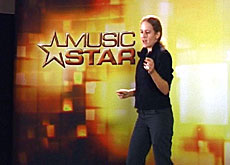
Switzerland got its first taste of a home-grown TV reality talent show on Sunday with the launch of MusicStar.
The 24 hopefuls, who were making their first televised appearance in the competition, put their destinies in the hands of the viewing public.
A spate of similar shows has taken Europe by storm over the past couple of years, producing instant stars who, for the most part, have remained world famous only in their own country.
Up until now a handful of Swiss have competed – albeit unsuccessfully – in similar programmes in Germany and France.
But the presence of 3,000 wannabe stars at the first round of auditions in October was proof for the show’s producer, Rolf Tschäppät, that Switzerland needed its own version.
“Of course some of these people would have had the chance to participate abroad,” he told swissinfo, “but the sheer numbers that turned up also demonstrates how much Swiss people want to sing in Switzerland.
“If you ask young people in general what they want to do with their lives, many of them will say they want to be singers… and we’re giving them that chance.”
Road to stardom
After a month of auditions and three qualifying rounds, the jury has whittled the MusicStar hopefuls down to just 24.
On three consecutives Sundays starting at the beginning of December, it will be left to the viewing public to decide who makes it through to the finals.
Those finals start at the beginning of next year, when every week a contestant will be eliminated – again by the public – until the last show at the end of February when the winner will be revealed.
At stake for the successful candidate are a recording contract, television performances, a possible nationwide tour and the chance to represent Switzerland in the cult Eurovision Song Contest later in the year!
Star appeal
Switzerland faces a special problem in producing a show aimed at finding tomorrow’s star – the linguistic divide. The country has four official languages – German, French, Italian and Romansh.
But MusicStar is only being broadcast on German-speaking television, and auditions only took place in the German-speaking part of the country.
Although it may be wishful thinking to believe that the show will help discover a fledgling Madonna or Robbie Williams, the programme’s vocal coach, Freda Goodlett, still has faith that someone with true national, and perhaps even international, appeal can be found.
“I would like to think that we will find that person, because that’s what I am looking for,” she told swissinfo.
“A lot of people have taken part because they’ve seen similar shows on television and think that we will be able to turn them into stars.
“But I’d rather see someone with real star quality, someone I know I’ll have fun with.”
Star quality
Tschäppät admits that star quality is a hard term to define, but also believes the programme will open doors for the winner and many of the contestants.
He insists that it is more than just good television entertainment.
“The ideal winner is a person with a lot of talent who’s prepared to work hard to make it in the music business,” he said.
“Of course we’re also making a television programme, but if I take the example of the Austrian version of the show, there are at least three people from their final rounds – including the winner – who, six months later, are landing chart hits.”
Six months might not be proof of the staying power of any potential Swiss winner, but the pop industry in general is no stranger to short-lived fame.
Instant celebrity is part of shows such as MusicStar, but psychologist Allan Guggenbühl believes it will be easier for the eventual winner in Switzerland to cope than it has been for those in other countries.
“When you are famous in Switzerland people treat you more or less the same because this is such a small country,” he told swissinfo.
“Fame doesn’t mean the same thing as in Germany, for example, where when you’re famous it’s as though you’re somehow from outer space.”
Hype world
From a psychological point of view, Guggenbühl says the ideal winner will be someone who looks at MusicStar as a stage in his or her life and does not take the whole experience too seriously.
He says that is especially important because the TV reality talent show format is one in which the participants have little say in what happens to them.
“They are being seduced into grandiose fantasies – an artificial hype world which is very hard to digest,” he said.
“Pop music used to be much more a part of youth culture and although that still might be the case to a limited extent, what we see now is commercialism, with pop music being used as a means of making new business or selling.”
swissinfo, Jonathan Summerton
MusicStar is most closely modelled on the Austrian version of the show, “Starmania”.
The jury during the televised qualifying rounds will include Austrian-born chat show host and presenter, Arabella Kiesbauer, Swiss rock musician, Chris von Rohr, and Swiss music journalist, H. Elias Fröhlich.
The first round of auditions, held in October in Bern, Lucerne, Zurich and Basel, attracted 3,000 hopefuls.
The winner will be revealed on February 21, 2004.

In compliance with the JTI standards
More: SWI swissinfo.ch certified by the Journalism Trust Initiative





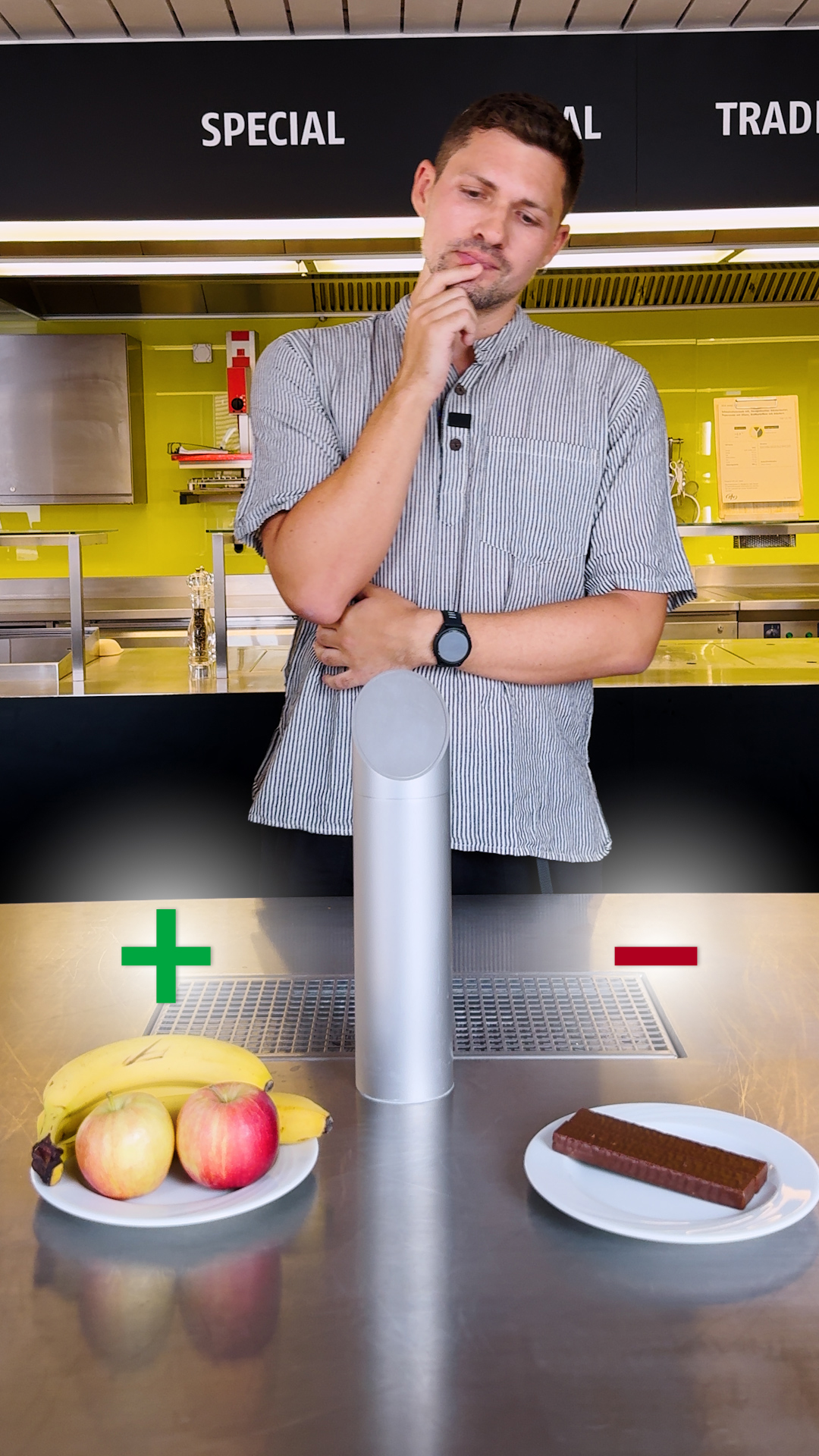












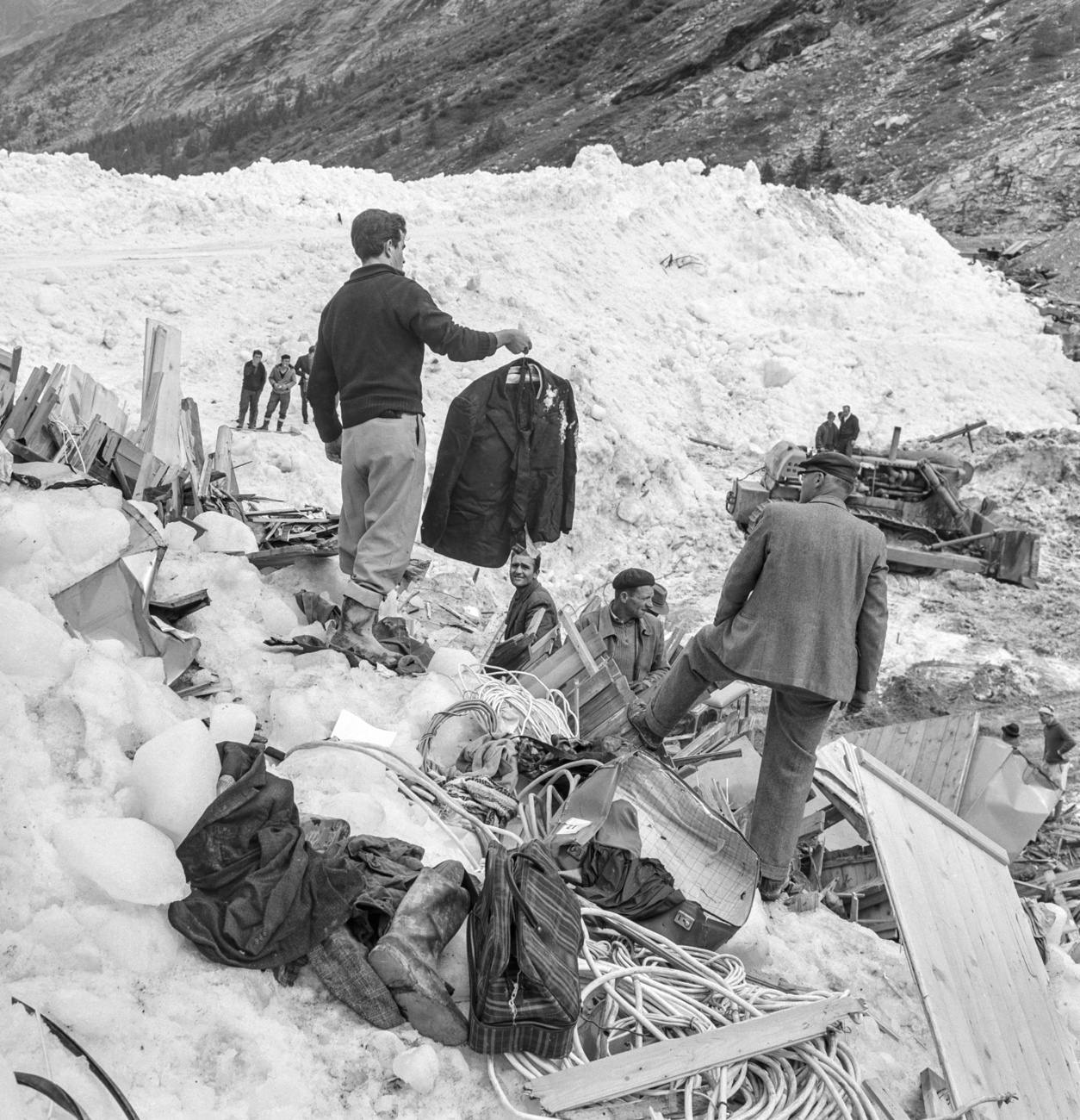



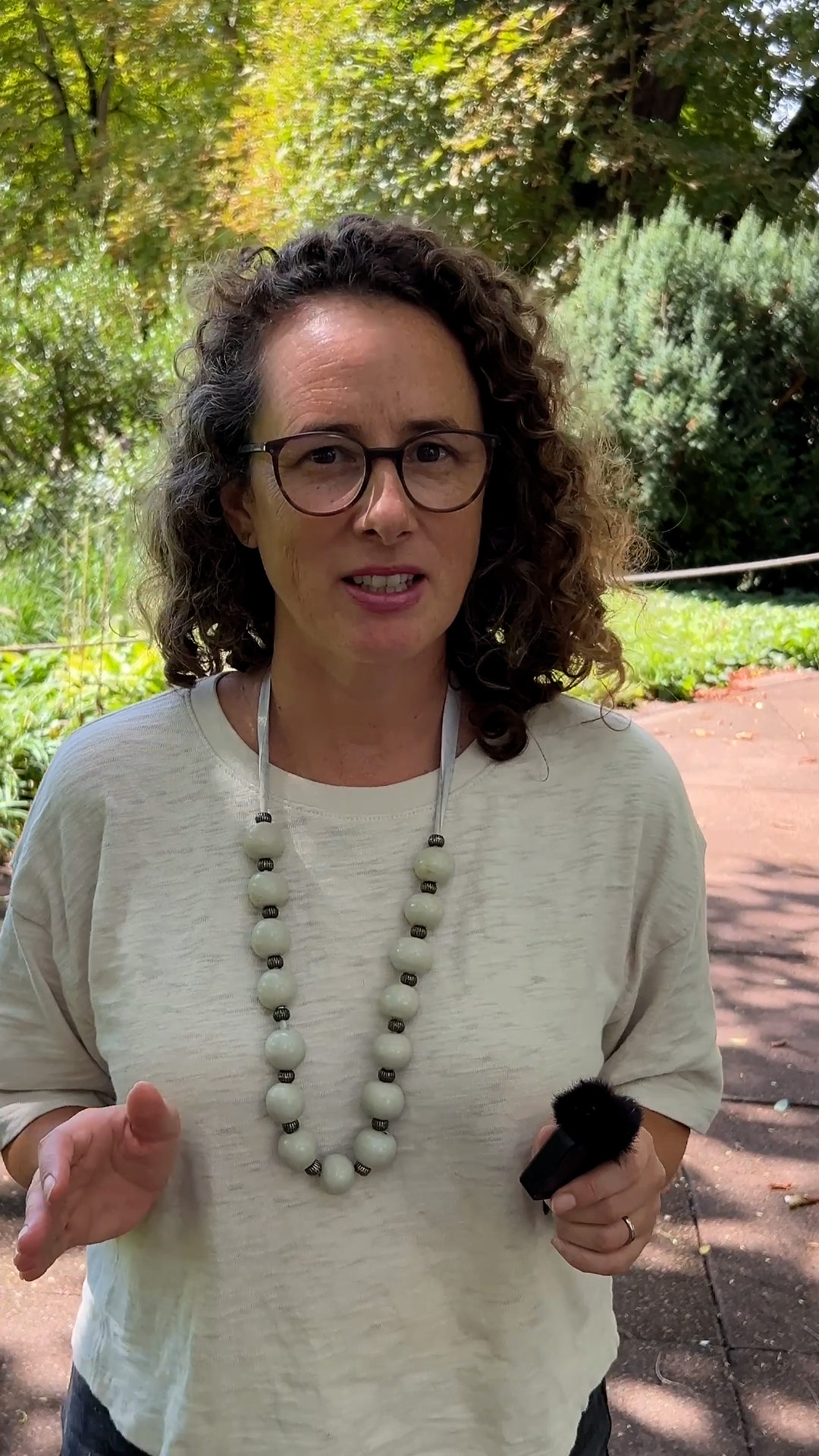





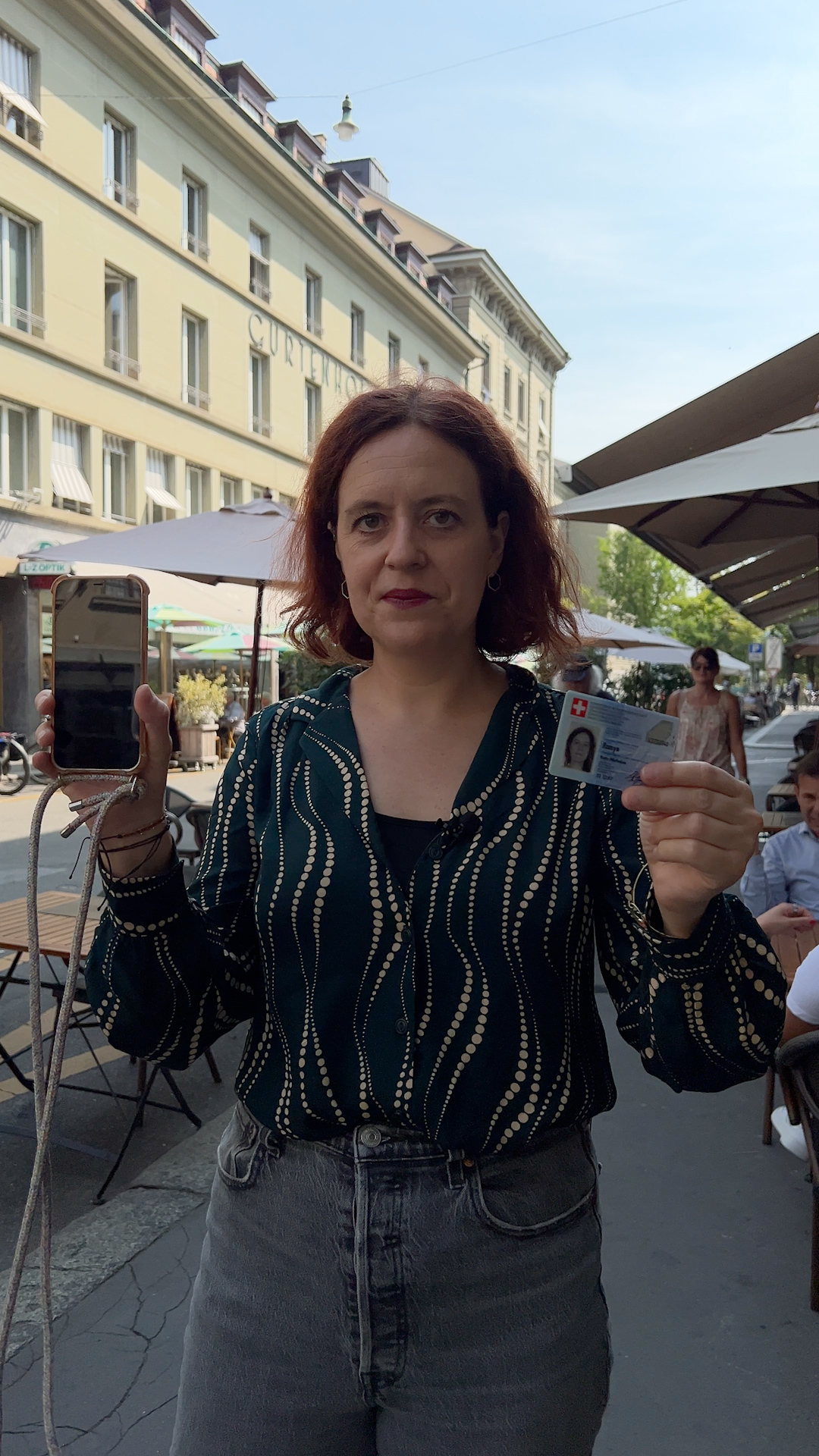









You can find an overview of ongoing debates with our journalists here . Please join us!
If you want to start a conversation about a topic raised in this article or want to report factual errors, email us at english@swissinfo.ch.